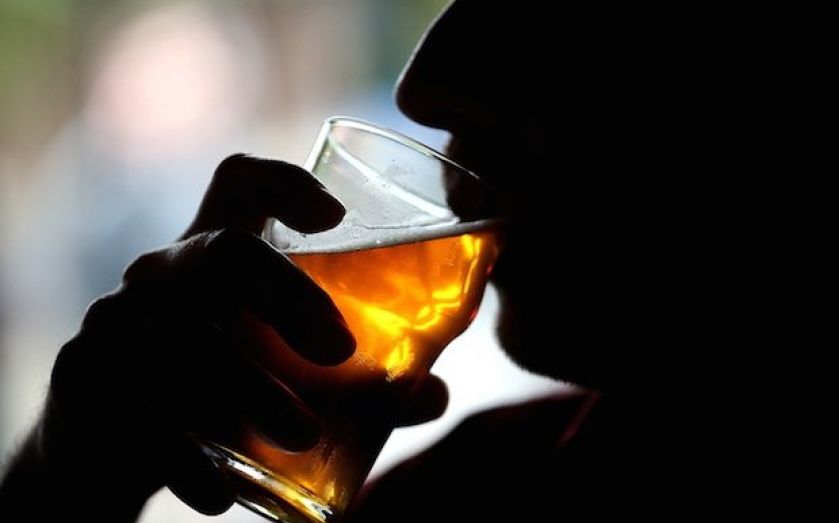Alcohol warning labels and minimum pricing gets backing from MPs

The All-Party Parliamentary Group on Alcohol Misuse has called for mandatory labelling of alcoholic drinks to warn users of the harmful effects of their abuse.
The group is seeking support from all parties for a host of restrictions and regulations contained in the document.
"Health warnings are a familiar and prominent feature on all tobacco products. Likewise, detailed nutritional labelling is ubiquitous on food products and soft drinks," the report said.
In total, the MPs set out 10 recommendations including reducing the drink driving limit and introducing a minimum alcohol price. Furthermore, the group called for a national public awareness campaign.
The recommendations were criticised by some experts as a stalking horse to apply the same restrictions on alcohol that currently apply to tobacco.
Christopher Snowdon, director of lifestyle economics at the Institute of Economic Affairs (IEA), told City A.M.: "By now it should be glaringly obvious that what happens to tobacco today happens to alcohol tomorrow and food the day after. The temperance lobby is on the rise again in Britain and going under the disingenuous name of 'public health'."
Tory MP Tracey Croucher chairwoman of the All Party Parliamentary Group on Alcohol Misuse, said: "Getting political parties to seriously commit to these 10 measures will be a massive step in tackling the huge public health issue that alcohol is."
The recommendations come just a few weeks after the Health and Social Care Information Centre showed regular drinking among secondary school pupils had dropped from 25 per cent to nine per cent, between 2003 and 2013.
The recommendation for minimum unit pricing will no doubt revive a heated debate on the measure, which the government rejected in 2013 due to a "lack of convincing evidence" that the it would significantly reduce alcohol consumption.
Further price hikes on alcohol may prove unpopular with the public, especially given who is already hit hardest by government measures to raise the cost of alcohol..
According to IEA research conducted last year, despite the rich consuming more alcohol than the poor, taxes on alcohol remain regressive. Alcohol duty, combined with the VAT levied on the duty, accounts for two per cent of the disposable income of Britain's bottom quintile, but just 0.6 per cent of the income of the top quintile.
Commenting on the recommendations, a government spokeswoman said: "We are taking action to reduce excessive alcohol consumption and to give people better information about the impact drinking can have on your health.